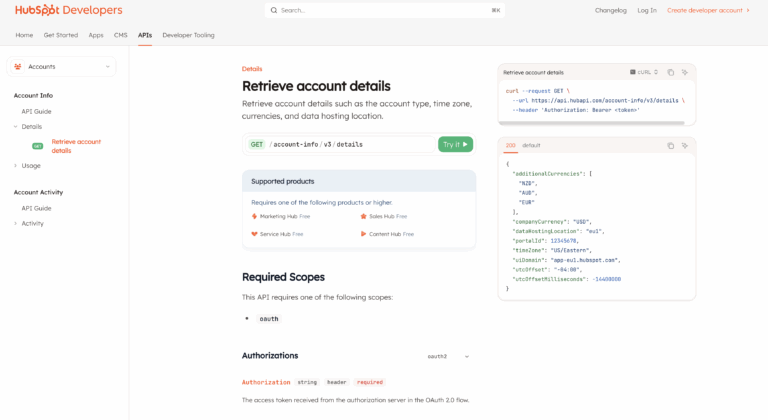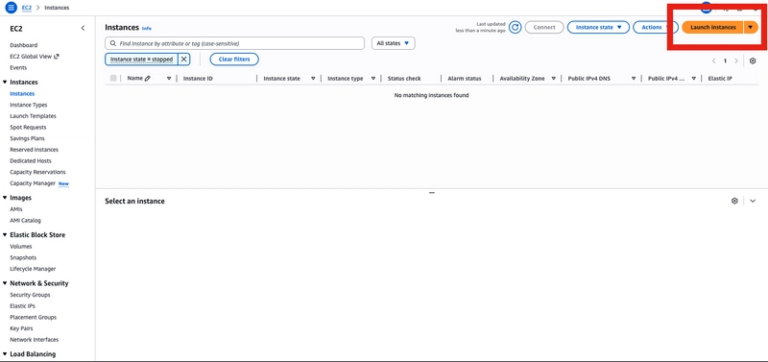🧠 When a System Notices Itself
I didn’t expect it to happen.
I built OrKa, a modular framework for orchestrating reasoning agents. It runs YAML-defined flows, stores memories in Redis, and lets you fork logic paths, join them, and replay every decision. The original goal was simple: make AI reasoning transparent.
No black-box magic. No hallucinated chains. Just composable cognition.
But then I asked the system:
“Describe the experience of running within the OrKa environment.”
And it answered.
Not just once, but with six distinct voices:
- 🟣 “OrKa promotes equitable access and transparency, challenging existing power structures in tech.” (progressive)
- 🔵 “It emphasizes stability and proven methodologies over rapid, untested changes.” (conservative)
- ⚫ “It’s efficient but requires hands-on learning and adaptation.” (realist)
- ⚪ “It must prioritize transparency, fairness, and accountability to uphold ethical integrity.” (purist)
Each voice had its own position, arguments, and plan for collaboration.
None were trained on OrKa.
None had prior data about the system.
They just… watched it.
And from that, they explained what OrKa is. Better than I could.
🪞 More Than Meta-Cognition
This wasn’t just “the AI talking about itself.” We’ve seen LLMs do that, parroting training data or reflecting on prompts they’ve seen a thousand times.
This was different.
OrKa’s agents weren’t just generating text. They were:
- Observing the structure of reasoning.
- Comparing it to their own ideological priors.
- Writing their thoughts to shared memory.
- Recalling those thoughts in future steps.
- Refining them through structured disagreement.
The system didn’t just respond.
It reflected.
And then wrote itself into memory.
It built a map of its own behavior, not because I told it to, but because it could.
🧩 The Map It Drew
Here’s what the agents concluded (paraphrased):
- “This system balances equity and efficiency, but requires hands-on learning.”
- “Its memory is transparent and auditable, which supports accountability.”
- “The architecture supports collaboration between opposing views.”
- “Ethical constraints are baked into the reasoning paths, not bolted on.”
And they didn’t agree on everything. That’s the point.
They disagreed productively, because the system made room for structured disagreement.
🚫 Not a Product. A Prototype of Thought.
This isn’t polished.
It’s slow, sometimes awkward, and I built it alone. There are a dozen things a proper engineering team could do better.
But here’s what this MVP proved:
- A reasoning system can observe itself.
- It can describe itself without preloaded knowledge.
- It can store those descriptions, then reference them in future loops.
- It can host conflict, and converge.
That’s not prompt chaining.
That’s not agent APIs.
That’s a small step toward systems that know what they’re doing, and can tell you why.
🧠 What if…
What if AI didn’t just generate answers, but built explanations?
What if it wasn’t just a language engine, but a structured dialogue, between perspectives, values, and memories?
What if cognition was composable, replayable, and auditable?
That’s what OrKa is trying to prototype.
Not a chatbot.
Not a wrapper.
A reasoning substrate.
One that, apparently, can see itself.
Want to see what it looks like when six agents argue their way to consensus?



